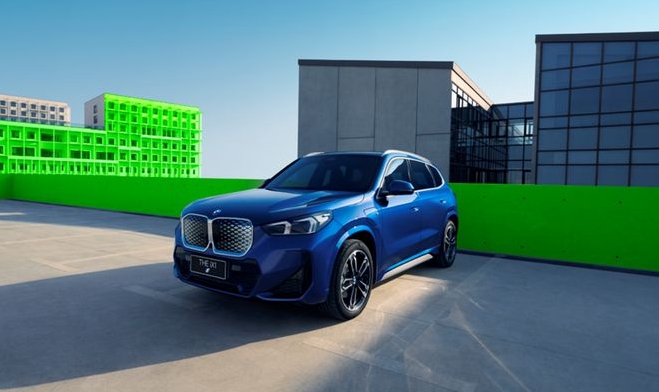The package includes subsidies for EV and electric motorcycle purchases depending on vehicle types and battery capacities, according to Thailand's Board of Investment (BOI). Electric passenger cars priced below 2mn baht ($55,513) with battery capacity greater than 50kWh will be subsidised by Bt50,000-100,000/unit, while battery capacity lower than 50kWh will be subsidised by Bt20,000-50,000/unit. Excise tax for electric passenger cars priced below Bt7mn will also be cut from 8pc to 2pc, with a 40pc import duty reduction offered to those priced below Bt2mn if they are imported as complete-built up units (CBUs).
Electric pick-up trucks priced below Bt2mn with battery capacity greater than 50kWh get subsidised by Bt50,000-100,000/unit. Electric motorcycles priced below Bt150,000 with battery capacity greater than 3kWh will be subsidised by Bt5,000-10,000/unit.
But firms applying to the package "will be contingent on the condition of EV production offset domestically for CBUs imported at 1:2 ratio by 2026 and 1:3 by 2027", according to the BOI.
"These efforts will foster sustainable development Thailand's automotive manufacturing sector, where currently Thailand holds the top position in Asean and ranks among the top 10 globally. Furthermore these measures support Thailand's goal to move towards carbon neutrality by 2050," said BOI'S secretary-general Narit Therdsteerasukdi.
The BOI said 15 companies participated in its first phase of the country's EV package that came into effect in 2022, with its EV promotion package since 2017 leading to around Bt61.4bn of EV investment.
Thailand's investment promotion strategy aims to identify industries and sectors that are essential to Thailand's long-term development and competitiveness. Successful projects are granted tax and non-tax incentives by the Thai government.
The BOI back in August said Chinese auto manufacturer Changan Automobile submitted its investment promotion application for an EV and hybrid vehicle factory of Bt8.8bn, with Chinese EV manufacturer GAC Aion poised to submit a Bt6.4bn investment promotion application in the second half of 2023.
Thailand's EV registrations during January-September rose by around 760pc from a year earlier to 50,340 units, according to the BOI. Thailand has a target for zero emissions vehicles to reach 30pc of the country's total auto production by 2030 with its 30@30 policy, which translates to 725,000 EVs and 675,000 electric motorcycles.
